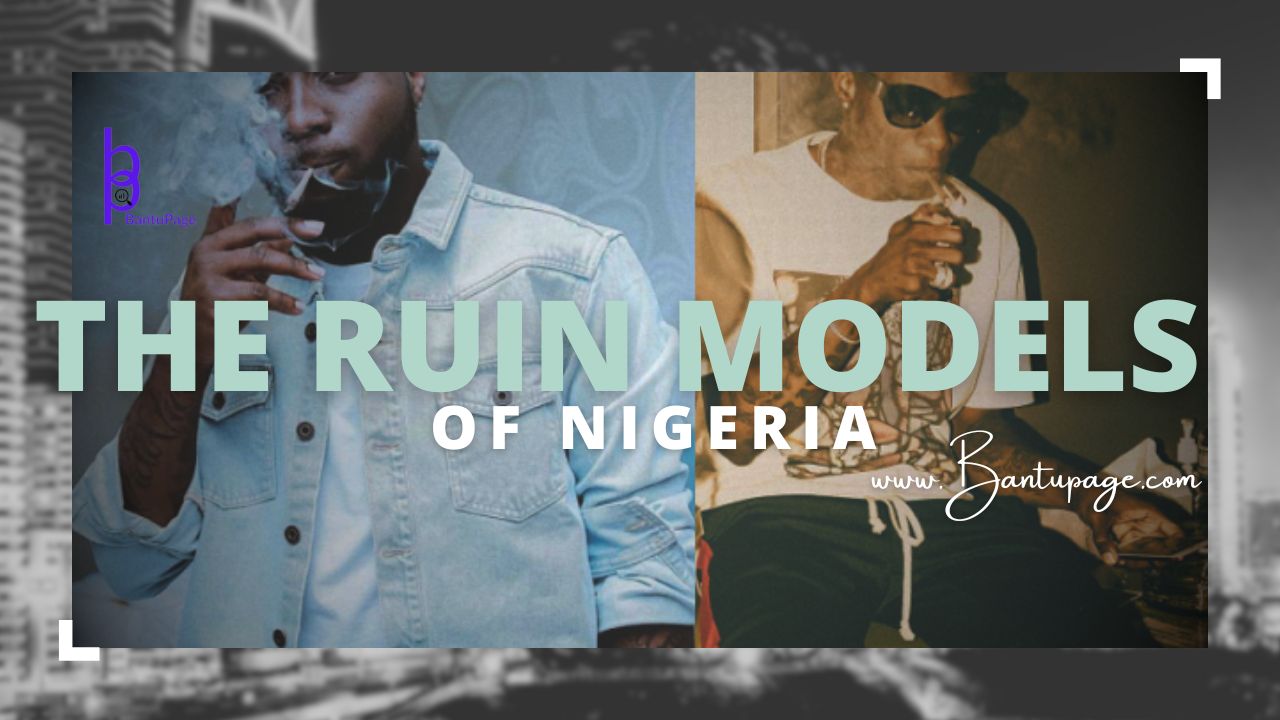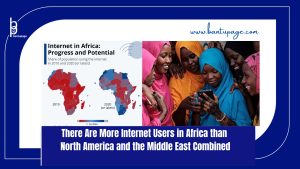
What is a Role Model?
A role model is someone who influences the characters and values of others. People with prominence often occupy such roles. Therefore, it is imperative in every society that public figures exhibit characteristics of good examples for the younger generation to emulate, which will then be passed on to posterity for the betterment of society at large.
The contrast between the current generation and their parents could not be more different in Nigeria. From a conservative, filial piety, and community-oriented society to one of a mixture of copied-pasted Americanised, Western, and every other bit and piece scraped from somewhere else to shape a tradition that has defaced our origin. This change mainly took place within the last two decades.
Who are role models?
In more advanced societies, these are simply the people whose lives are worthy of emulation. Their all-round life is always something to use as a yardstick. However, in Nigeria, these supposed role models make scandalous, tainted, and webbed lives part of their existence, on and off stage.
Let us run these two individuals through the celebrity pyramid and role model laboratory. Davido and Wizkid. David Adedeji Adedeji Adeleke, AKA Davido, recently celebrated his 31st birthday on November 21. He is the fried plantain well plated by the side of that smoky Nigerian jollof rice. However, the taste lacks authenticity. Davido’s role model’s lab result is conclusively disastrous. The Unavailable star is sick. It would seem his “Unavailable” hit song depicted his unavailability to other women, given his philandering lifestyle. His harem, of course.
Davido’s promiscuity, debauchery, and profligacy have planted seeds in millions of young people who now want to replicate his lifestyle. A ruined role model whose lifestyle depicts everything our cultures and traditions disapprove of. A little over two decades ago, drinking, drug abuse, and smoking were mainly done behind closed doors or out of public visibility. Davido and his generation have brought them to the front door. They have normalised debauchery copied off the African American reality in the US—the misunderstanding of the African American identity into a disoriented concoction of copied-pasted Nigerian Gen Z worldview.
Ruin or role model?
Then there is Wizkid, whose real name is Ayodeji Ibrahim Balogun, inside the conical flask. Most would argue that this 33-year-old has done quite well for himself and his career. He has a large audience but maintains a low profile. He is either pinging the keys of low-profile women or making music in the studio. Wizkid is everything Gen X would say their mothers advised them against. How did things change so quickly within a mere two decades? Although the duo are not particularly best friends, their fans display a polarity that sometimes results in verbal wars on social media.
The glorification of riches, debauchery, drugs, violence, fast money, and arrogance is at the core of their music. It depicts women as tools for sex, and the women love it, especially the Genz. Why would they not? That is the role model they grew up with. Their parents sold these role models to them. Children binged on Western programmes like it was food for thought. When all you see on your screens growing up are foreign cultures exhibiting nude women as the beauty standard, it is easier to incorporate them into your worldview.
Nigeria slowly saw an increase in middle-income earners in the early 2000s. They were poor people who learned everything they knew about the world from American and Western propaganda. They wanted to sound, speak, and act like Westerners, as nothing else signified intelligence or riches if not done in the Western style. Parents, as a means of showing off, indoctrinated their children into the copied-pasted Western lifestyle, which they did not truly discern. Stereotypes easily stick; Nigerian parents perfectly inducted the stereotypes into their household—thus becoming the reality Gen Z grew up in. The fusion of Afrobeats reflects this stereotype.
Ruin or role model?
Part B
Tiwa Savage and Seyi Shay, two beautiful women who have cobwebs at the edges of the walls of their lives. Tiwa Savage is a Nigerian music artist. She is under the renowned Mavin Records. She was born on February 5, 1980. Her real name is Tiwatope Omolara Savage. She is known as the queen of Afrobeat and the “baddest” girl in Africa. She is living out these titles so well. Tiwa and her ex-husband are said to have the messiest divorce story in Nigeria’s entertainment industry. The last scandal was the release of her sex tape, which she handled with pride.
Ruin or role model?
Then there is specimen B, Seyi Shay, whose real name is Deborah Oluwaseyi Odedere Joshua. Seyi Shay, born on January 21, 1985, is a 38-year-old singer, songwriter, and model. She has grown in her career to attain the position of judge on the Nigerian Idol reality TV show in 2021. She is, or should be, a role model. Sadly, in 2019, Seyi Shay, alongside Victoria Kimani, released the covers of Kizz Daniel’s F**k You. For clarity, this is her line in the song: “You know I am not Savage; I pay my bills’’. Victoria, on her part, accused Tiwa of prostitution. Before this time, they had been going back and forth with a younger male colleague in the industry, especially after Seyi collaborated with Wizkid on Crazy. Imagine two grown adult women dissing themselves through recorded music in an entirely copied-pasted African-American style. What are young people learning from these role models? Ruin models or role models?
By Chidimma NWAFOR





